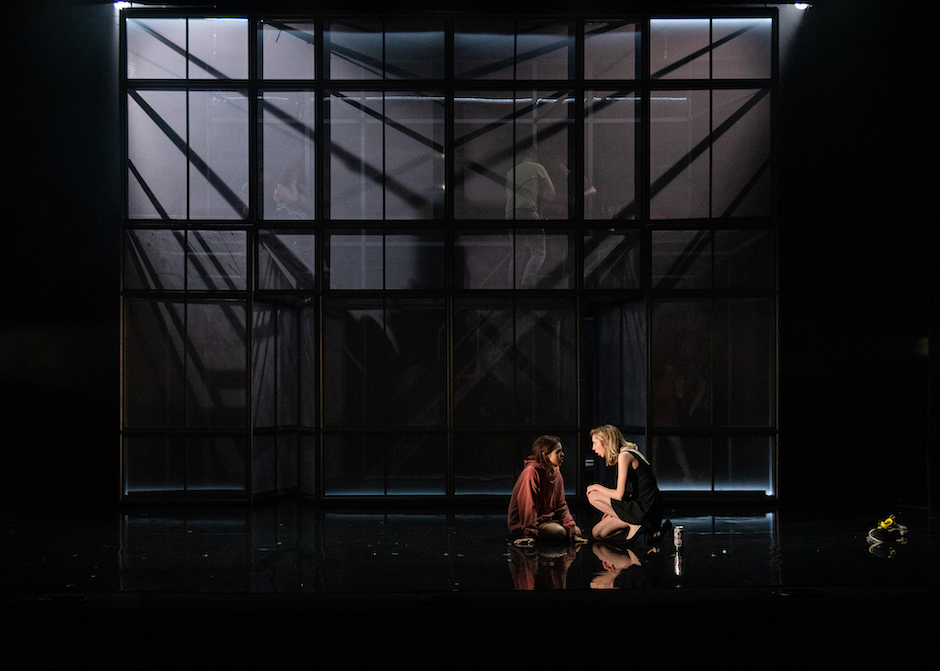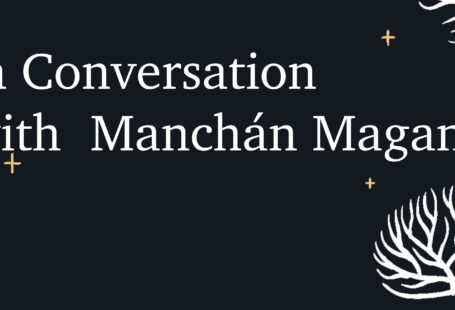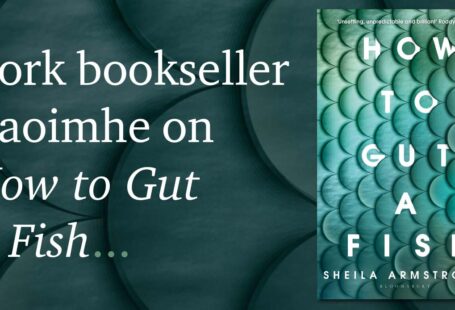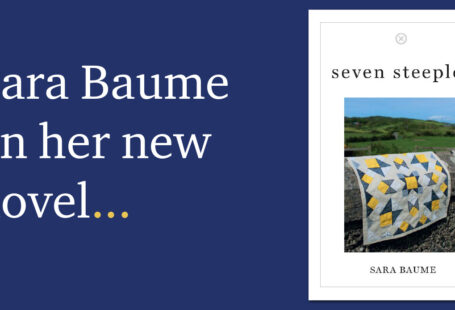
Meadhbh McHugh is an Irish playwright and writer living in New York. Meadhbh’s debut play, Helen and I, was staged by Druid Theatre Company in 2016 at the Mick Lally Theatre in Galway. The play was also performed as part of the Dublin Theatre Festival and was nominated for the Stewart Parker Trust Award in 2016. Her adaptation of Asking for It opens at the Gaiety Theatre on October 9th.
How do you put a best-selling book that mostly takes place inside the central character’s head onto the stage? How do you translate it into its most theatrical form and satisfy the many (many!) fans who have imagined the book’s events so fully in their own minds? How do you show terrible sexual violence on stage, and reckon with that weight, without veering into territory that is titillating or exploitative? How do you take seriously the concerns of young people, which includes their relationship to status and social media, without reducing teenagers to types? These were some of the questions that myself and the play’s director, Annabelle Comyn, reckoned with as we worked together to put theatrical shape on Louise O’Neill’s urgent novel Asking for It.
To adapt the novel, I read the book many times, making notes and exploring the different voices of characters who could be in the play. I made notes of images, sensations, heated moments and dramatic scenes. I tracked the characters’ journeys, trying to find an arc for each one. I improvised dialogue. Annabelle and I had many conversations dissecting the book and visualizing a stage picture. It emerged that the first act would have a sense of exuberant, youthful energy where we see the main character Emma with her friends, negotiating tensions with her mother and scheming plans for romantic success at an upcoming party after a match. After Emma is raped, the play closes in around her. Where the first act was populated with many characters, each with an opinion on Emma and a stake in who she was to them, the second act sees Emma abandoned, alone with her own circular thoughts and traumatized fixations. In the second act, we also witness the impact of the attack on Emma’s family. These were some of the most devastating scenes to write and to watch, as Emma is victimized once again by her parents’ inability to cope.
O’Neill’s book was published in 2015, so it was written recently enough that we didn’t feel the need to update the story or change its direction. In fact, the book as it stood was as relevant as ever. And yet the translation from page to stage inevitably means certain things are omitted and others are heightened and fleshed out in original ways. We cut characters, and we had to find ways to theatricalize important moments like the party scene. Theatre is a collaborative medium, and a play is always more than the sum of its parts. So much of the telling of this story is in the staging itself: in its evocative set and costume design, in the lighting and movement and in the work of the amazing actors who bring the characters to life. There are silences in a text that hold a lot of the play’s power, like when the teenagers move to the pulsing music of the party, or when Emma’s Dad refuses to look at his daughter. When Emma looks directly at the audience at the end, we realize that we are implicated too. We’ve been sitting there as voyeurs, but now we’ve also been seen in return. And in that look there might be a question: now that you know what you know, what are you going to do?






Recent Comments